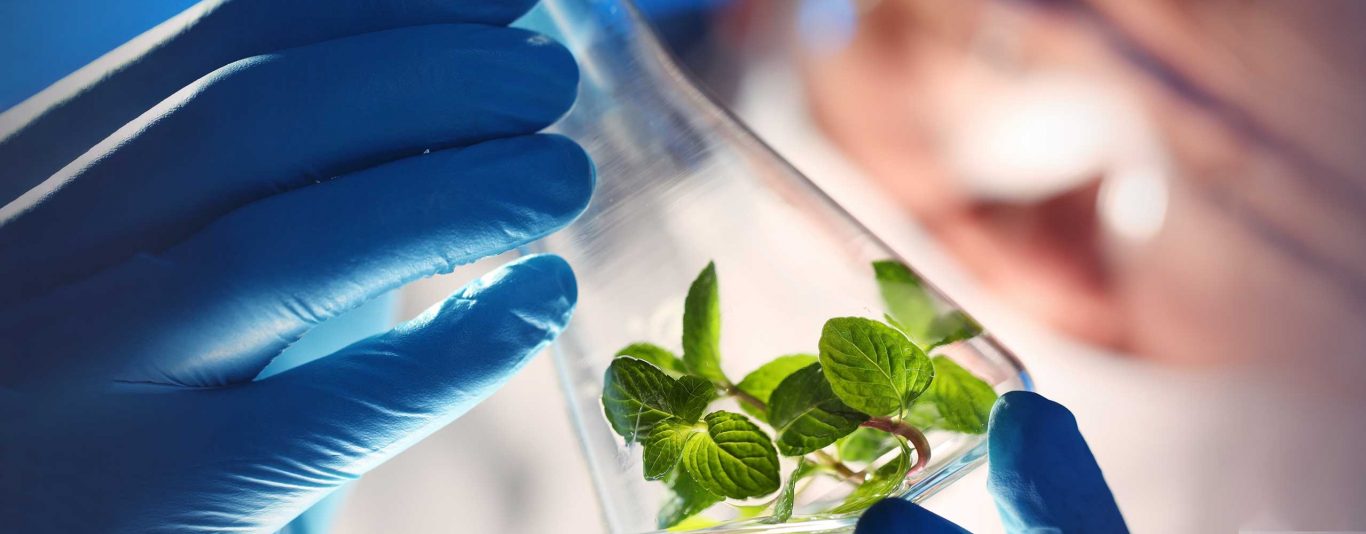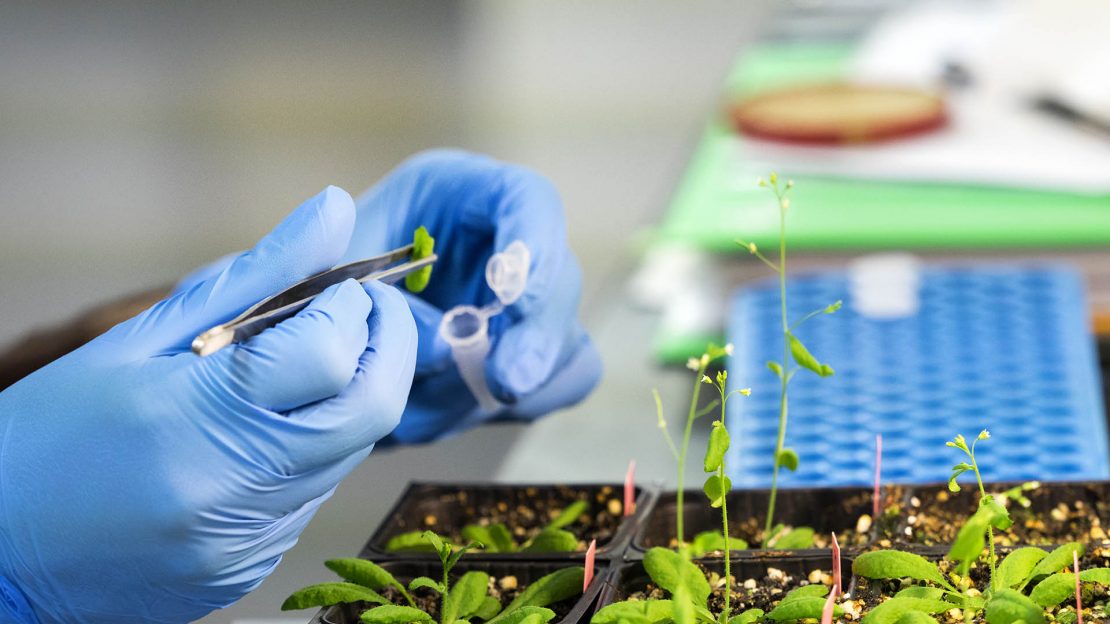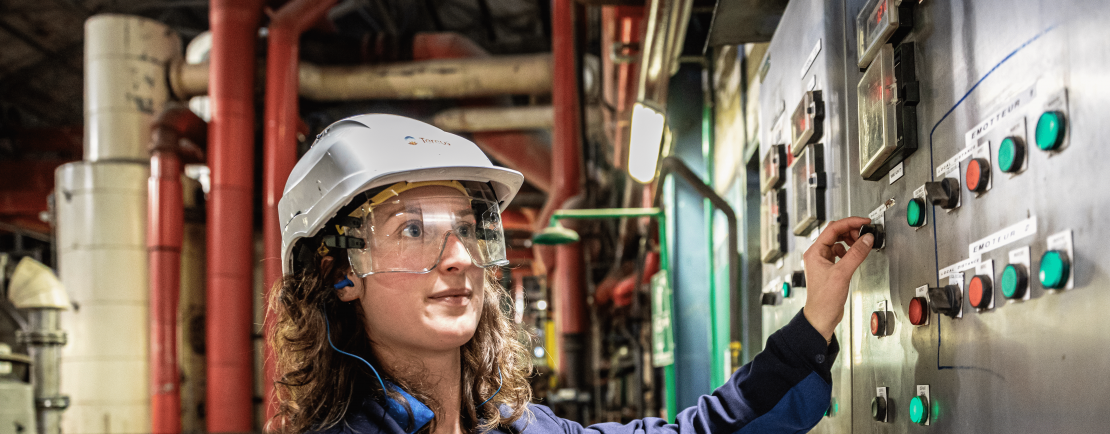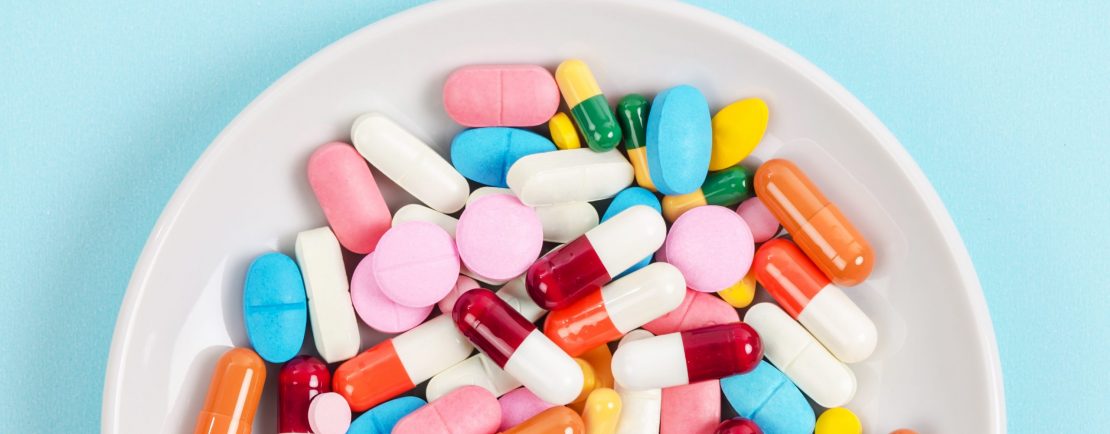Innovation
Green chemicals

Plant chemistry uses plants as a raw material, providing a source of carbon to replace fossil-derived carbon for the production of materials or synthons (molecules) for chemistry. Thanks to Tereos’ know-how in the fields of biotechnology and chemistry, the Group is a key partner in the development of plant chemistry and biomaterials.
Challenges
Tereos aims to reduce the dependence of the chemical sector on fossil resources and to replace highly polluting or toxic products by more environmentally friendly ones which will contribute to the global reduction of greenhouse gas emissions. Examples include plant-based materials derived from our raw materials, such as sugar beets and sugar cane.
Goals
- Developing the chemistry of renewable materials, i.e. promoting chemistry that enables a reduction in the use of fossil energies or fossil raw materials, or the generation of environmentally harmful substances.
- Increasing the processing of agricultural raw materials to support the sustainability of the industry.
- Developing economically viable synthons (molecules) and being capable of competing with molecules derived from petrochemicals.

Examples of applications
Polyol-based surfactants
The teams are developing a chemical synthesis reaction based on a polyol which makes it possible to produce a surfactant, capable of enhancing a wetting or foaming action, for example, and having a biocidal effect, i.e. destroying bacteria (example: soap). The Group R&D department is carrying out a project to improve the performance of starch-based glues used for packing cartons.
Polyurethane foams
In partnership with a research laboratory and a customer, Tereos has developed a production process for 100% plant-based polyurethane foams suitable for insulating buildings.


